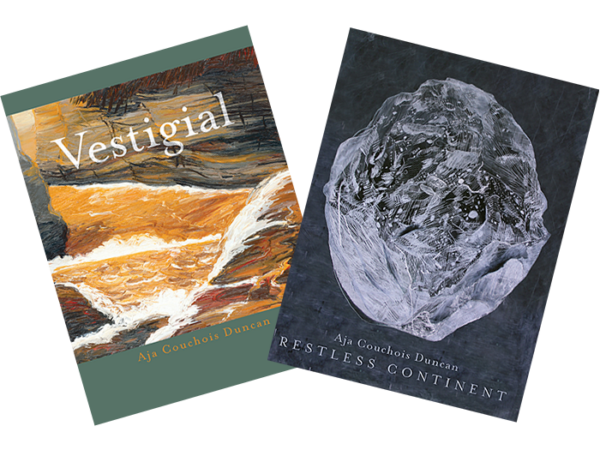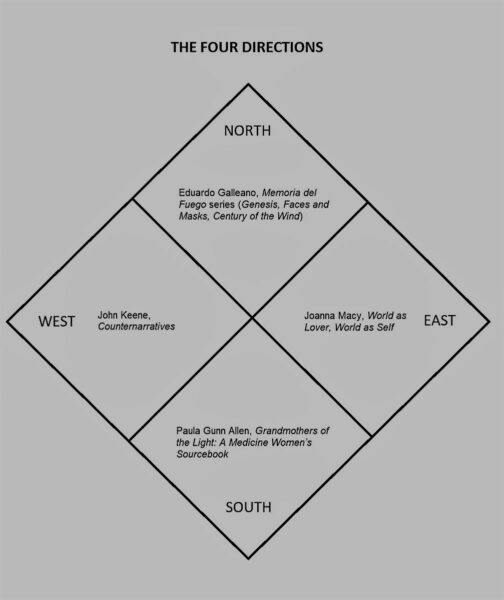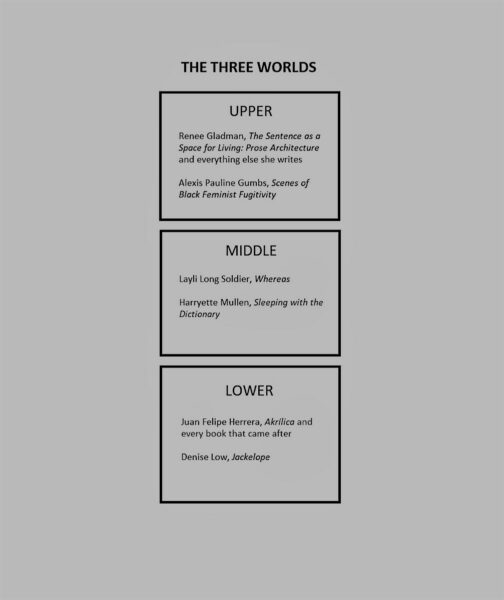New Litmus Reader Resource: The Aja Couchois Duncan Teaching Guide

With an interest in exploring the generative possibilities of digital learning tools that will be a boon to teachers even in a post-pandemic future, Litmus has spent the last couple years reimagining its role in the webosphere. So far, our efforts have culminated in two distinct projects: Open Poetics, an open-access digital book series, and the Litmus Press Teaching Guides.
For now, as the Fall semester comes to a close, and as instructors look ahead toward Spring courses, we’d like to highlight our Teaching Guides, which were designed to make academic work a bit easier for those who teach and study experimental poetry. (To learn about our approach to digital publication and/or to access new and upcoming digital titles, visit the Open Poetics page on our website.)
The Litmus Teaching Guides are free online tools for instructors, students, and general readers that provide entry points into the study of works published by Litmus Press, O Books, and The Post-Apollo Press. The guides, crafted in conversation with our authors, provide introductory information alongside content for lesson planning including discussion questions, writing activities, and suggested supplemental readings. For now, we have three guides available, focusing on works by Hugo García Manríquez, Etel Adnan, and Aja Couchois Duncan.
The Aja Couchois Duncan guide is our newest offering, developed this past year to accompany the release of Duncan’s latest book, Vestigial—“a poetic narrative across multiple chronologies and scales”— published in August. The guide explores Vestigial alongside Duncan’s California Book Award-winning poetry collection Restless Continent, which we published in 2016.
In developing this guide, our editorial journey with Duncan moved into a discussion of ways to actively re-imagine the critical conversation around works by artists of color; even as BIPOC authors are gradually being brought to the forefront of literary-critical discussions, criticism at large remains predominantly white-driven. The materials we developed for the guide shape a critical conversation that poses a distinct alternative to that reality.
Our favorite feature of the teaching guide is Duncan’s selected bibliography—“Prayers for the Spirit Books”— a constellation of texts that inspired the vast, elemental scope of Restless Continent and Vestigial:


If you’re interested in accessing a host of conceptual pathways through and around Aja Couchois Duncan’s vital works of feminist poetic experimentation, we welcome you to visit the Teaching Guides page on our website. We continue to develop this series, with work already underway on a guide to the poetics of kari edwards, alongside other indispensable figures in the tradition of avant-garde poetic invention across the globe.
